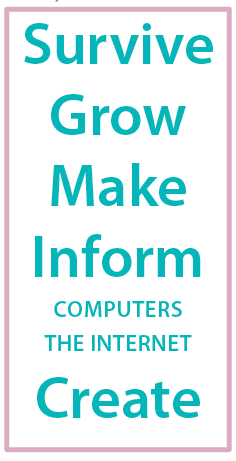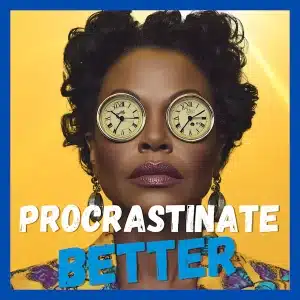Book Rapper Context piece for Jeff Jarvis‘ What Would Google Do?
A Few Changes…
Over the past 20 years we’ve seen a few changes…
- The Berlin Wall has fallen and the Cold War has ended. We’ve had some localized wars in Iran, Iraq, the Mid-East and Bosnia.
- We have a black US President, a worldwide Climate Crisis, had Globalization riots and we’ve mapped the human genome.
- The BRIC nations are now economic powerhouses, the American Financial Crisis has hit the world and Geelong finally has won the premiership! Make that two premierships!!
- On the technology front, a few new gadgets have landed on our doorsteps too. The internet is here, we’ve all got mobile phones, GPS in our cars and MP3s on our iPods.
- Reality TV and social media have invaded our lives and Gen X, Y and tweens have grown-up.
- On the business front Enron has come and gone, the dotcom boom busted and Google has become one of the most profitable companies on the planet.
So what’s going on? What’s driving these grand transitions? How do we explain all this upheaval?
A Short History Tour
Let’s take a short history tour. A really, really short tour…
The history of the world in five words…
Survive, Grow, Make, Inform & Create.
Got it? Let me explain a little bit more…
- At first, as we emerged from our ape cousins, life was a battle just to stay alive.
- Then, we planted some seeds. We stopped being nomads, built some permanent dwellings and started to grow what we needed.
- Next, we started making more and more tools, culminating in the Industrial Revolution. Natural sources of power were replaced by manmade mechanical solutions. Our towns became cities.
- After this we moved to an era focussed on making better things. To do this we invented computers and the internet to use information and our newfound knowledge to automate and personalize things. This is now – the Information Age.
- Coming soon is the next great phase, the Creation Age. In an era of biotechnology and nanotechnology we will have god-like power to create new species. An exciting thought and a story for another time.
The Current Era
Does that explain things? Does that put Google in its rightful place? Perhaps not, a few more distinctions may be needed.
Some people hold the view that we’ve moved beyond the Information Age or Computer Age. They suggest we’re in the New Economy, the Digital Age, the Internet Era, the Conceptual Age and even the Attention Age.
Where we’re at right now clearly depends upon what map you’re using.
My map has the five great eras with some sub-eras within.
Within the Information Age, there have been two distinct sub-eras. The first is the rise of the computer and the second the rise of the internet.
The Computer Era
The first era of computers emerged during the Second World War. The need to decipher codes directed attention to code cracking machines and computing power.
In the 40 years it took to create giant mainframe computers and then shrink them to our desktops an array of great businesses rose to worldwide success.
IBM, Microsoft, Ikea, Oracle, Dell, Apple, Bloomberg, and Nike represent some of the success stories of this era.
In the 1980s, the war machine also prompted the development of the internet. The US government wanted a decentralized system to manage their missiles.
The Internet Era
The internet arrived on our PCs around 1995. Fifteen years later we have a new set of industries and businesses emerging.
This is where Google belongs. Along with Ebay, Amazon, Linux, Skype, Firefox, Wikipedia, Facebook and Twitter.
Whilst these examples are not all financial successes, they do represent a new way of thinking and organizing the world.
And that’s what Google and this issue is about.
A Business Story…
Which reminds me of an old story about a successful businesswoman who goes back to visit her favourite business professor many years later.
Whilst chatting in the professor’s office, the ex-student notices an exam paper on the desk.
She points out that the questions are the same as when she was a student.
To which the professor replied, “The questions are always the same, it’s the answers that have changed.”




